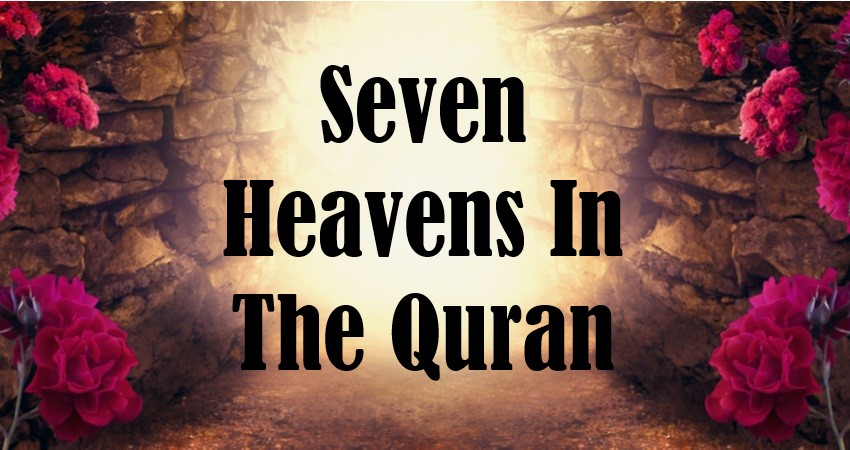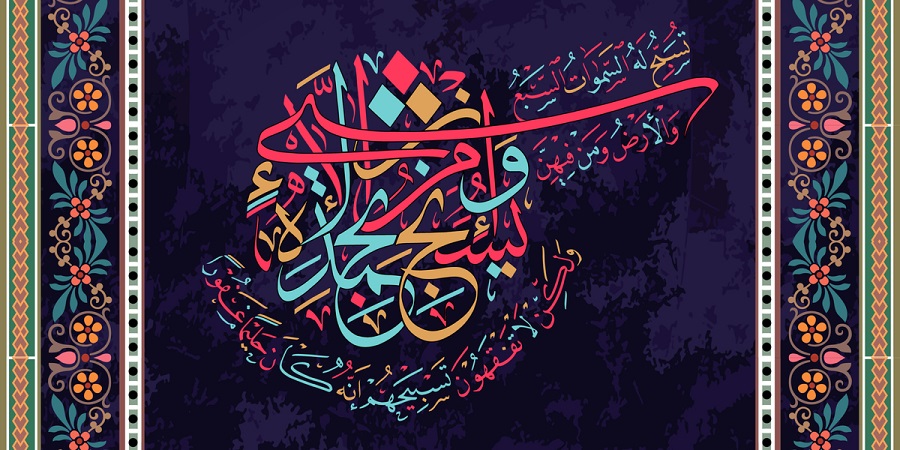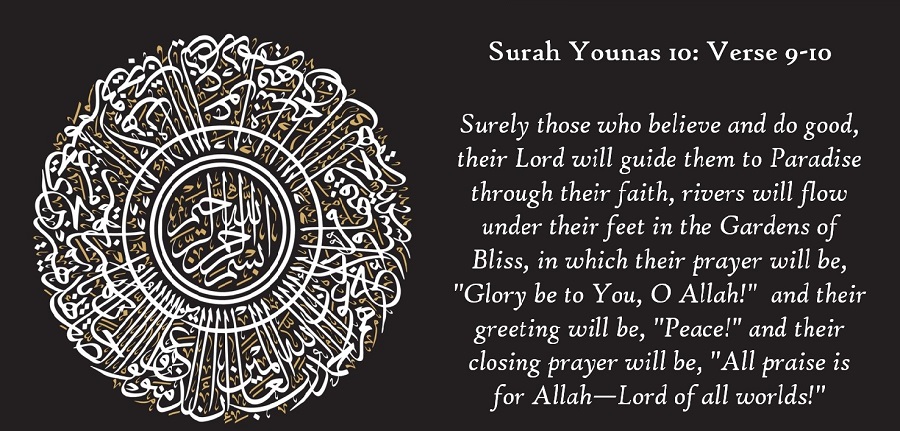7 Levels Of Heaven In Islam, Surahs Of Jannah In The Quran

Islam defines heaven as Jannah, the paradise where good people rest after leaving their earthly body. The holy Quran describes it as ‘gardens of pleasure’, where people are rewarded after death for the good actions that they commit during their lifetime. Hence, it is believed that if one follows the rules set by Allah, commits no sin, and stays good throughout life, they go to heaven. There are seven levels of heaven in Islam, and each level has a different core and construction with a different prophet residing in them.
The Quran calls hell ‘Jahannam’. It is a place of blazing fire and painful torments. It is described as a landscape of pits with boiling water and fire to physically torture one’s spirit. Its vivid descriptions in the Quran are a means to prevent Muslims from committing sins. Therefore, Muslims must follow every word of the holy book and take responsibility for their actions.
What are the seven levels of heaven?

Each of the seven levels of heaven in Islam has a degree or grade according to which each soul is given a place. The righteousness of one’s deeds decides the level of heaven where one will reside after death. The seven levels of heaven are as follows:
1. Jannat-al-Adan
This is the ‘eternal place’. After repenting and facing punishments for every committed sin, a Muslim is given a place in this heaven. In Surah Tawbah, Allah SWT said that He assured His believers that they would find a place in the Gardens of Adan. This is where one finds the greatest acceptance from Allah and marks the biggest conquest. The rivers that flow below the gardens provide everything that one wished for.
2. Jannat-al-Firdaws
Firdaws refers to a garden with all kinds of plants. There are grapevines in the place. It is the most prestigious level and is described as superior to all levels in Kutub-i-Sitta.
3. Jannat-an-Naim
In Surah Yunus, the Almighty spoke about this level and said that people who have faith in Allah do good work. Their conviction directed them to stay good throughout their life and led them to this level. Such devotees would come across rivers flowing underneath them in the ‘Paradise of Delight’ and become a part of this level made of iron.
4. Jannat-ul-Mawa
It is a resting place made of brass for devotees and martyrs. Mawa is defined as a place where people take refuge. It has homes and dwellings. Surah An Najm speaks about this level and calls it the ‘Garden of Adobe’ for refugees. It exists by a lote-tree, which stands at the periphery of heaven.
5. Dar-ul-Khuld
This level is the ‘Garden of Immortality’ where one becomes eternal or immortal. Here one lasts forever. The level is promised to those who follow their path with the utmost devotion without transgressing from their path. This level of heaven compensates for the loss and hardship that one faces in the journey and brings the voyage to halt.
6. Dar-ul-Maqaam
It is a level of intrinsic nature. It is where the soul finds an eternal place to stay. Surah al Fatir mentions this stage of heaven as a safe place where all sufferings and tiredness vanish. It is where nothing affects the soul.
7. Dar-us-Salam
It is the abode of well-being. This is the seventh level of heaven, which is the home of safety and peace. In Surah al Yunus, the Almighty calls back people whom he had willed to walk the Straight Path. Surah al Ana’am, Allah calls it a place where He would protect them.
Many scholars believe that there is the eighth level of heaven, called Illiyyun. It is a home for the perfect Mumins (devotees/ believers). It is an abode of the Hafaza angels, who protect the souls. This is where people get the fruit for their righteous deeds. A few scholars even believe that there are a hundred levels of heaven in Islam. Each level refers to a different grade. Another interpretation of hundred levels refers to the plurality of Jannah where believers fall according to their good deeds and sins. It is believed that the distance between two levels increases with flight.





0 Comments